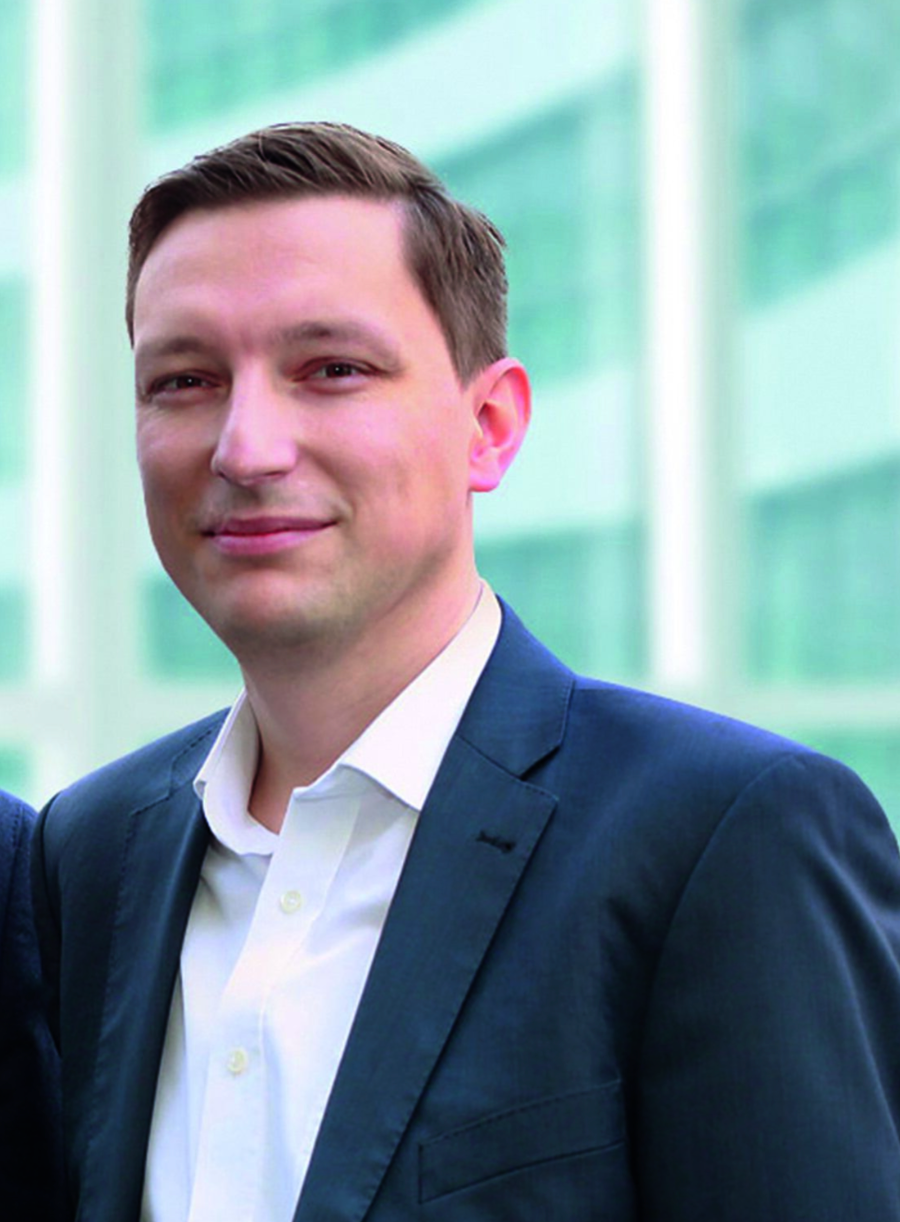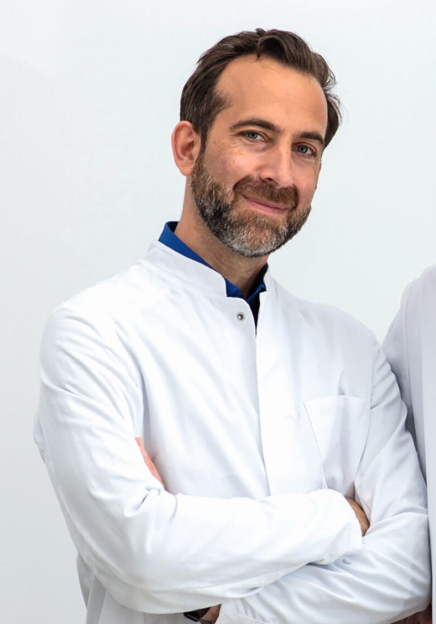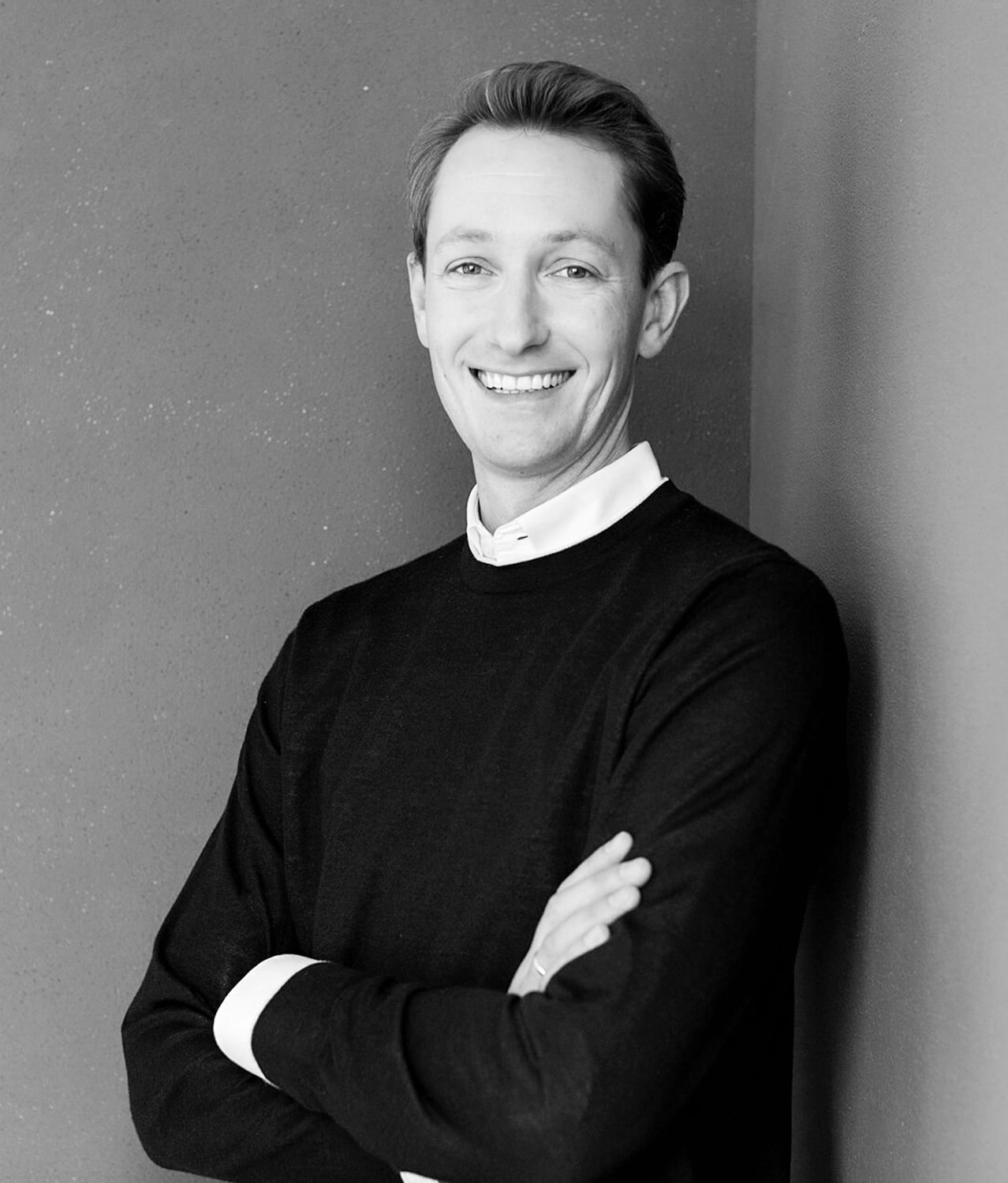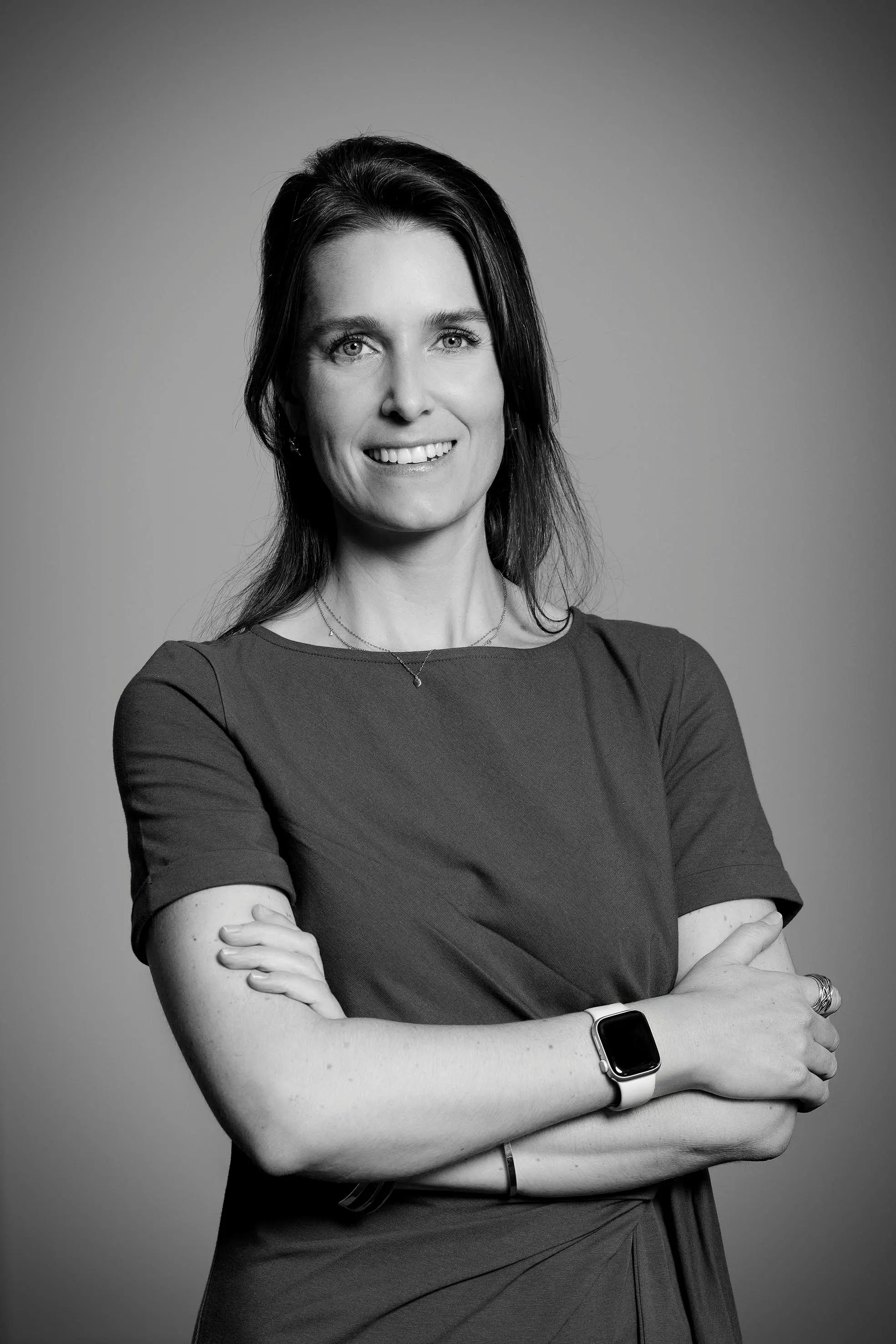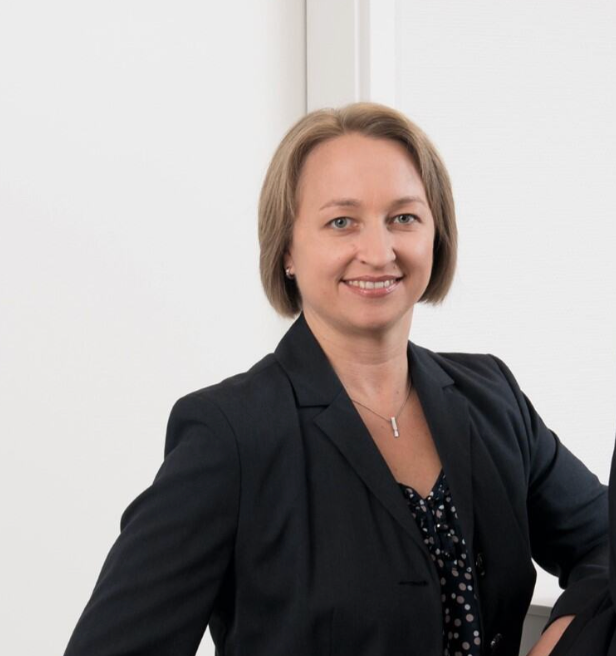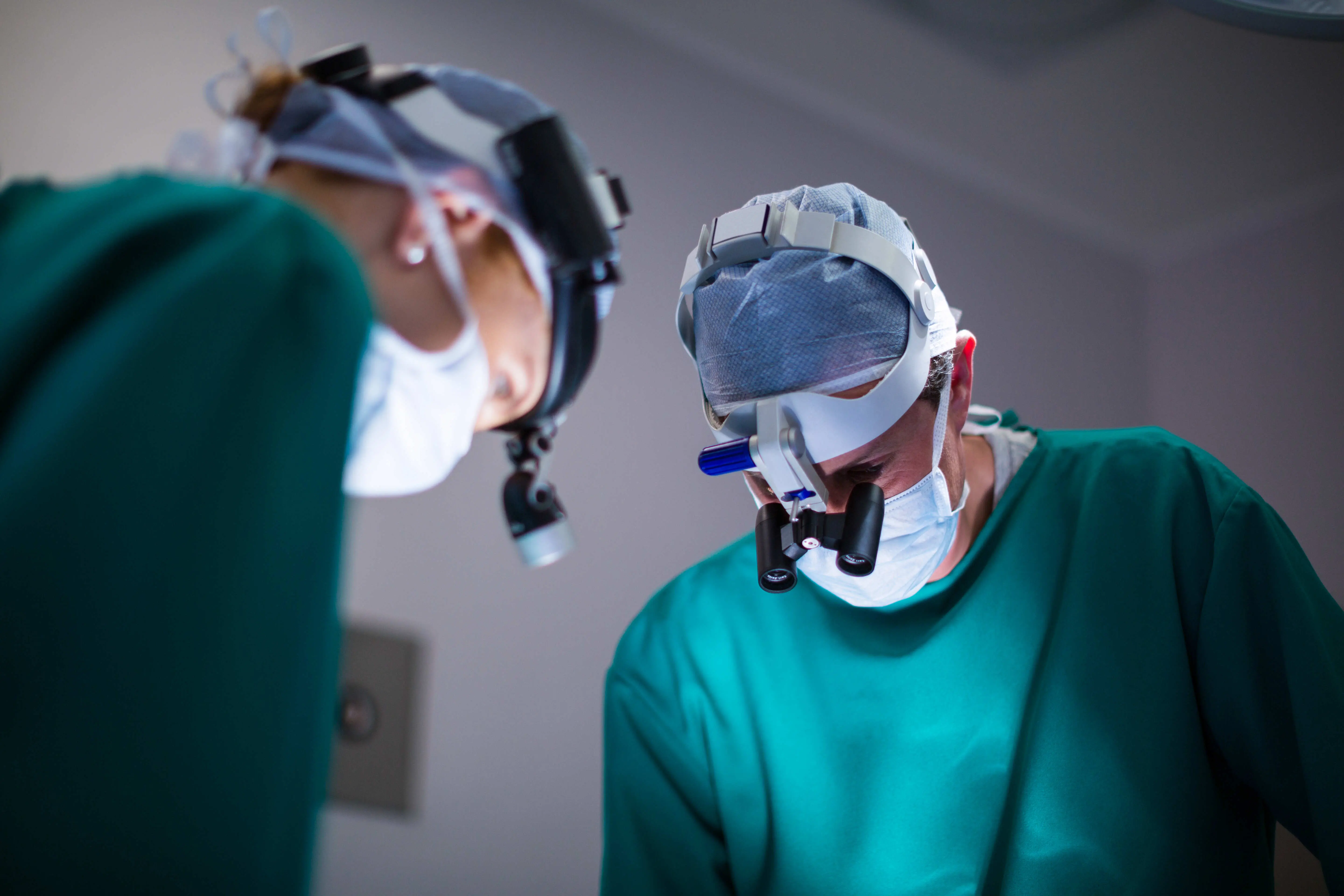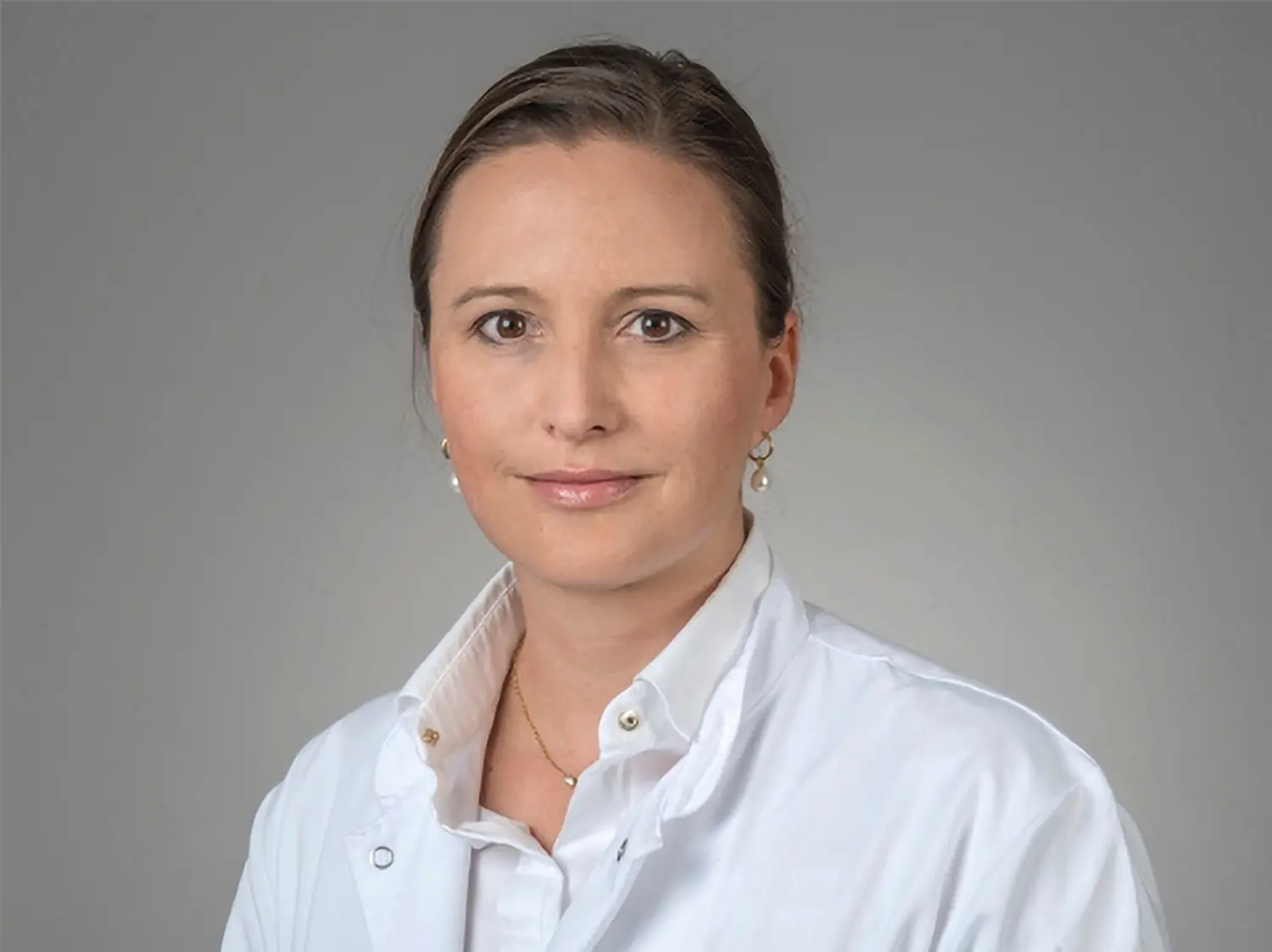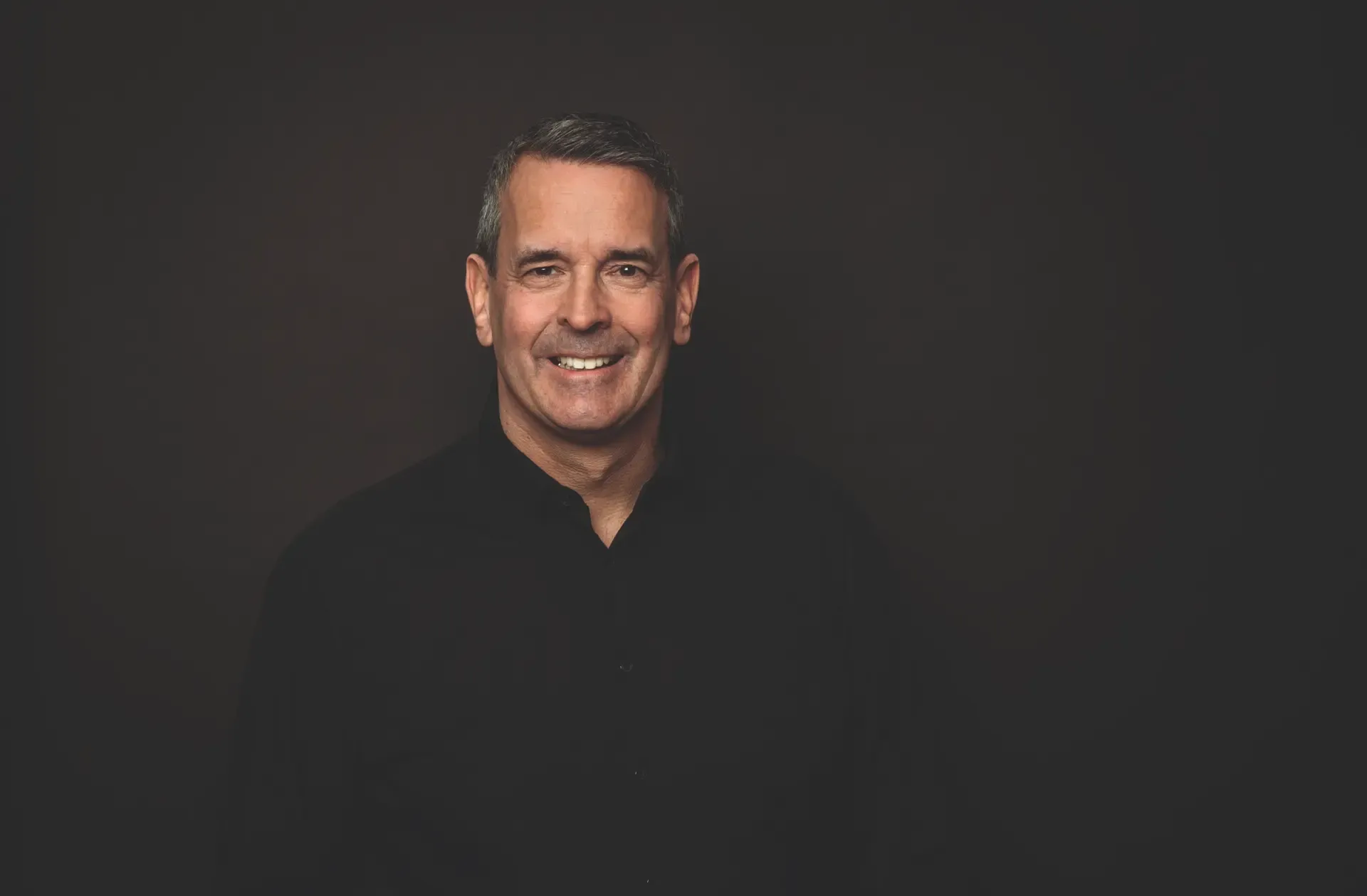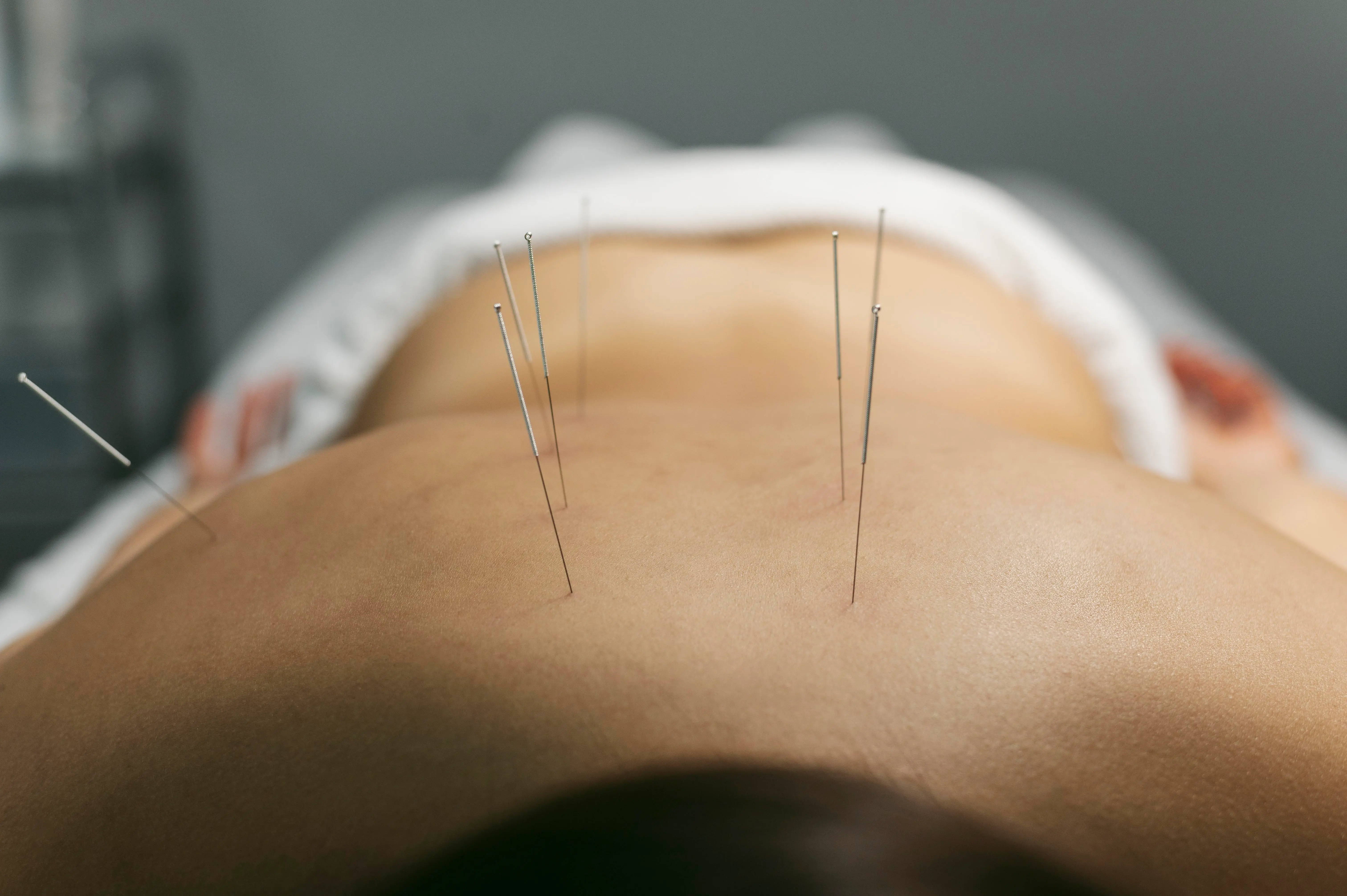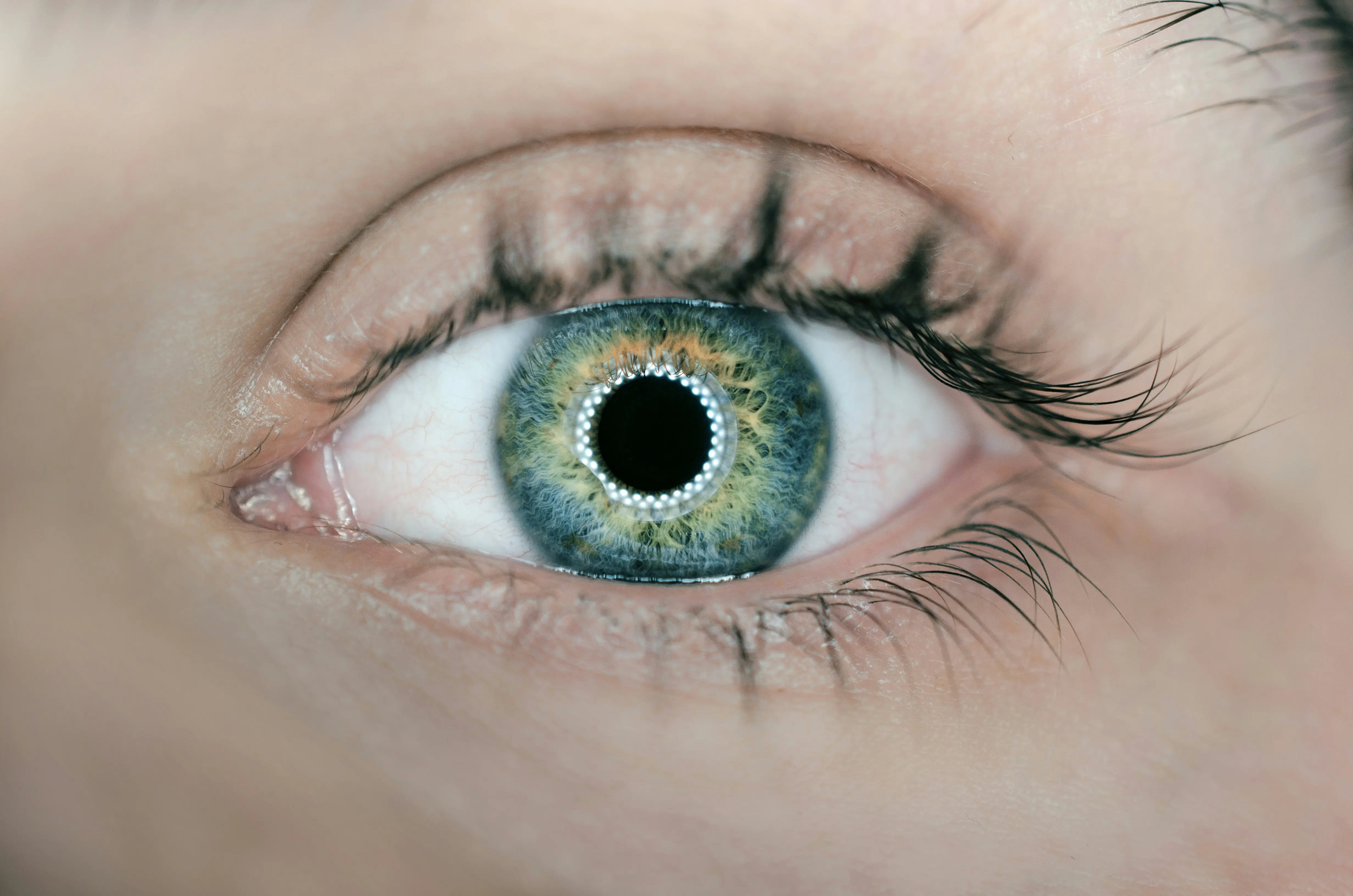
Modern Ophthalmology
Treatment Methods
The eye is our gateway to the world. Seeing well gives us security and orientation. Every second, the eye delivers ten million pieces of information from the environment to our brain. Thus, it is our most important sensory organ. But not only from a biological point of view is the eye a sensation. It is also the mirror of the soul: fear and joy, surprise and anger - looking into the eyes of our counterpart reveals their feelings. So our eyes deserve that we take good care of them - and place their treatment in the hands of specialists like the premium ophthalmologists.
At the forefront of eye surgery is still the treatment of cataracts. Every year, doctors in Germany perform about 700,000 operations. The procedure has a 60-year history and is one of the safest operations on the human body. Ultrasound or lasers destroy the clouded lens; then the debris is suctioned off and replaced by an artificial lens replaced.
The latest artificial lenses for correcting visual impairments
Ophthalmic surgeons are increasingly correcting existing visual impairments by inserting a lens with the appropriate optical properties for the patient. The selection of lenses is constantly growing, and good advice from the specialist is an important part of successful treatment. After a cataract surgery tailored to the individual, during which the artificial lens is also optimally selected, many patients experience the quality of clear vision as a small miracle.
Due to the good and safe surgical methods with the laser the correction of visual impairments also for people without eye diseases: More and more people are using the opportunities of modern laser surgery to get rid of their glasses. About 125,000 refractive procedures are currently performed by specialized ophthalmologists in Germany each year.
Particularly precise and gentle: femtosecond laser
In highly specialized eye clinics, ophthalmologists use, for example, the femtosecond laser, which works particularly gently, with extremely small cuts and almost contactless. The femtosecond laser is probably the best-known laser innovation in the field of eye surgery in recent years. Another innovation is the ReLEx-smile procedure, which aims to reduce the risk of dry eye. In this procedure, a lens-shaped piece of tissue is removed through a tiny incision - without opening the cornea. The surface of the cornea remains intact except for the tiny incision.
Furthermore, innovations in this small field have been overwhelming in recent years. Manufacturers are continuously bringing new devices to market that are tailored to very specific areas of application. In most cases, engineers and medical technicians develop them together with experienced ophthalmic surgeons who operate on patients' eyes day after day.
Thus, some ophthalmologists are pioneers and specialists at the same time. Even premium eye surgeons are something special: They are distinguished by the fact that they are masters of their trade. They work with the most modern equipment and the latest technologies. They master diagnostics and therapy equally and run their practices and clinics with medical staff that is highly trained. They also have a highly developed human side. Because the trust of the patients is the basis for their success. They know how to alleviate any discomfort that may arise at the thought of an eye procedure.
More quality at the ophthalmologist
The inventor Thomas Edison once said: "If there is a way to do something better: find it!" In the last 10 to 20 years, ophthalmology has developed significantly. Ophthalmologists must continuously improve their knowledge as there are always new developments in this field. Specialization is an important trend in ophthalmology, and three new titles from the European Societies for Ophthalmologists reflect this development:
FEBO
(Fellow of the European Board of Ophthalmology): the European specialist examination for ophthalmologists. It is significantly more demanding than the German specialist examination. For German ophthalmologists, it is voluntary but is gaining importance. In some countries, such as Switzerland, it is mandatory and binding.
FEBOS-CR
(Fellow of the European Board of Ophthalmology Subspecialist in Cataract and Refractive surgery): This examination was developed by the European Board of Ophthalmology (EBO) and the European Society of Cataract and Refractive Surgeons (ESCRS). It recognizes ophthalmologists who specialize in cataract and refractive surgery and have extensive knowledge and experience in this field. The examination, first conducted in 2017, ensures that surgeons possess excellent knowledge and can successfully handle complex cases. Of the 33 participants, 15 earned the title, including two German ophthalmologists.
FWCRS
In 2023, the WCRS (World Council of Refractive Surgeons) was founded. The WCRS was established in 2023 as the only international high-end quality network for refractive surgery (getting rid of glasses - eye laser and cataract surgery), and the world's most renowned surgeons, scientists, textbook authors, and speakers were invited as founding members. Through this society, surgeons around the world are trained (FWCRS) and social projects promoted. Two of the founding members are also publishers of the Premium Medical Circle.
These developments underscore the commitment of the professional societies and surgeons to continue to enhance and improve the quality and level of patient care in ophthalmology.

